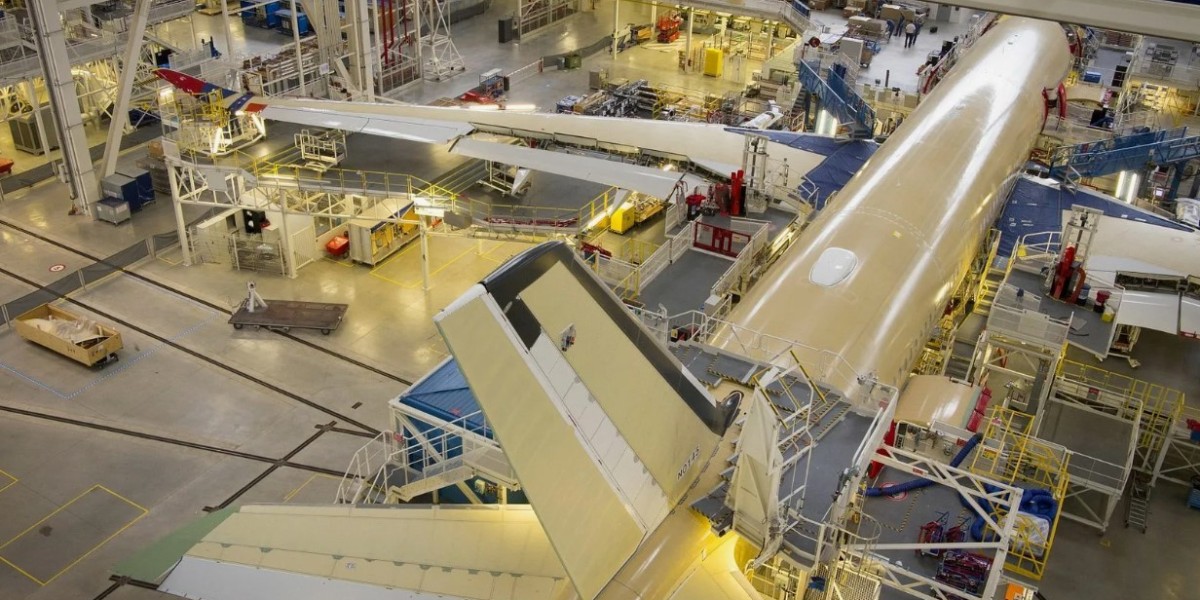In the world of aviation, managing fixed-wing aircraft effectively requires expertise, precision, and dedication. Fixed-wing management services encompass a wide range of responsibilities, from ensuring safety and maintenance to handling operational logistics and compliance. Whether you are a private aircraft owner, part of a corporate fleet, or a charter operator, selecting the right fixed-wing management service is essential for optimizing performance, reducing costs, and ensuring peace of mind.
1. Understand Your Needs and Goals
Before you begin searching for a fixed-wing management service, it’s important to clearly define your specific requirements. Are you looking for full-service management, including maintenance, scheduling, and pilot recruitment? Or do you only need assistance with specific aspects, such as regulatory compliance or fuel procurement?
Understanding your goals ensures that you select a provider with expertise tailored to your unique needs.
2. Research the Company’s Reputation
A strong reputation in the aviation industry is often a reliable indicator of quality. Look for a management service with a proven track record of success. Seek reviews, testimonials, and references from other aircraft owners or operators.
Check for any industry recognition or certifications, such as those from the National Air Transportation Association (NATA) or the International Business Aviation Council (IBAC).
3. Verify Experience in Fixed-Wing Management
Experience is a crucial factor when selecting a management service. Managing fixed-wing aircraft requires deep knowledge of aerodynamics, operational logistics, and regulatory standards. Ensure the company has substantial experience in managing aircraft similar to yours, whether they are turboprops, light jets, or large business jets.
An experienced provider will have the expertise to anticipate challenges and deliver high-quality solutions.
4. Ensure Regulatory Compliance Expertise
Aviation is a highly regulated industry, and compliance is non-negotiable. Choose a management service well-versed in Federal Aviation Administration (FAA) regulations and international standards. They should be capable of handling certifications, inspections, and reporting requirements to ensure your aircraft operates legally and safely.
Ask about their approach to keeping up with evolving regulations and maintaining strict adherence to industry standards.
5. Evaluate Maintenance Capabilities
Maintenance is a critical aspect of fixed-wing aircraft management. The service provider should have a comprehensive maintenance program, including preventive measures and timely repairs. They should work with certified mechanics and approved repair stations to ensure your aircraft is always in top condition.
Additionally, inquire about their ability to provide detailed maintenance records, as these are essential for resale value and operational reliability.
6. Assess Their Use of Technology
Technology plays an increasingly important role in modern fixed-wing management. Leading providers use advanced software for scheduling, flight tracking, and maintenance planning. These tools improve efficiency, reduce downtime, and provide valuable data for decision-making.
Choose a service that integrates the latest technology into their operations to ensure streamlined management and optimal performance.
7. Review Their Safety Standards
Safety is paramount in aviation, and your chosen management service must prioritize it above all else. Ask about their safety management systems (SMS), incident response plans, and safety training programs.
A reputable provider will have a robust safety culture and a strong commitment to continuous improvement in this area.
8. Consider Cost Transparency
Cost is an important consideration, but it’s equally important to ensure transparency. Look for a service that provides detailed cost breakdowns and avoids hidden fees. The management company should clearly outline the expenses for maintenance, pilot services, fuel, and other operational needs.
By understanding their pricing structure, you can make informed decisions and avoid unpleasant surprises.
9. Look for Customization Options
Every aircraft owner’s needs are unique, so a one-size-fits-all approach is rarely effective. The best fixed-wing management services offer customizable plans to suit your specific requirements. Whether you need minimal oversight or full-service management, flexibility is a key factor to consider.
Discuss your expectations and ensure the provider can tailor their services accordingly.
10. Evaluate Customer Support
Responsive and reliable customer support is essential in fixed-wing management. From addressing urgent maintenance issues to answering day-to-day questions, the service provider should be readily available to assist. Assess their communication channels and response times before making your decision.
Exceptional customer service ensures a smooth and stress-free experience for aircraft owners and operators.
Conclusion
Choosing the right fixed-wing management service is a critical decision that impacts the safety, efficiency, and overall performance of your aircraft. By understanding your needs, researching providers, and evaluating their expertise, you can find a partner that meets your expectations and delivers exceptional results.
Prioritize reputation, experience, and safety standards while seeking transparency and flexibility in their offerings. With the right management service by your side, you can enjoy the benefits of stress-free operations, reduced costs, and a commitment to excellence in aviation.








